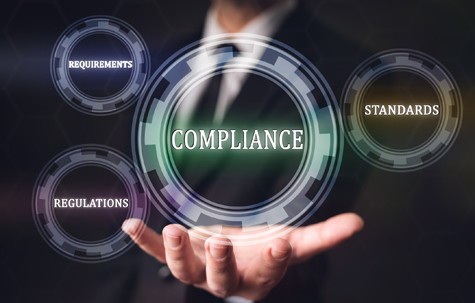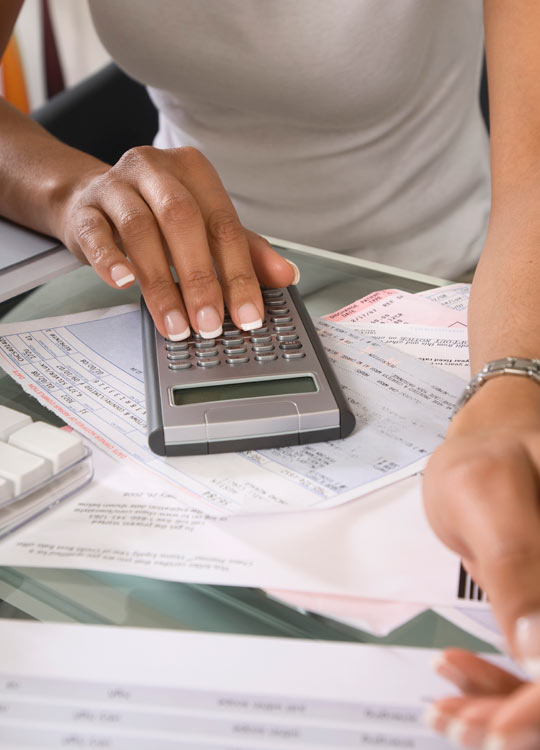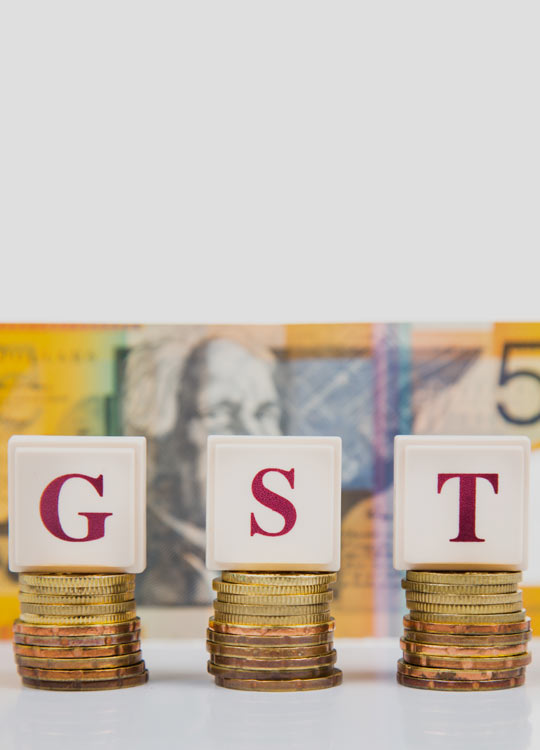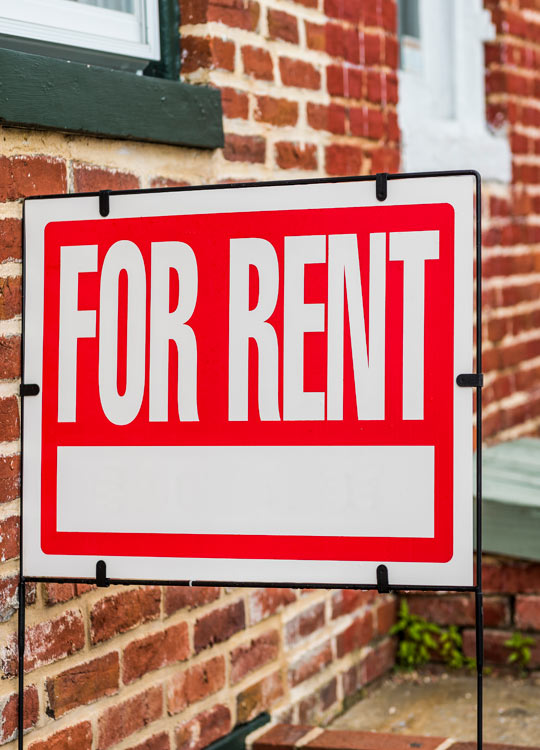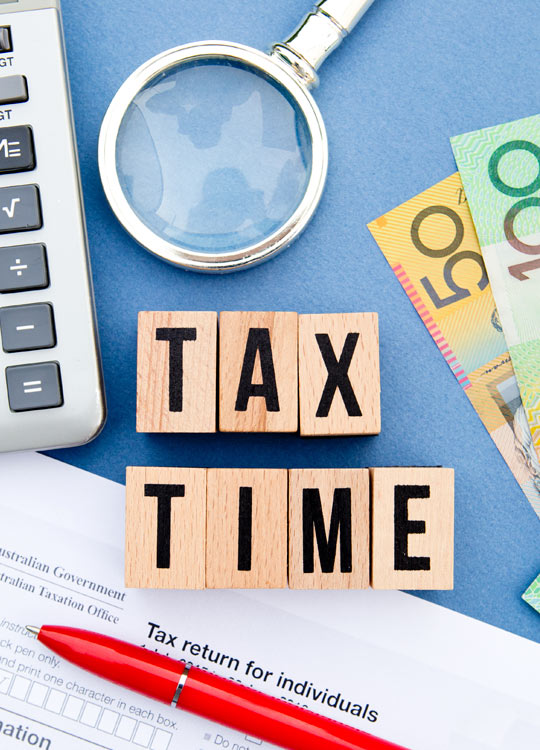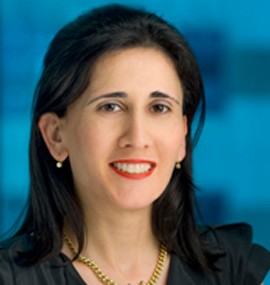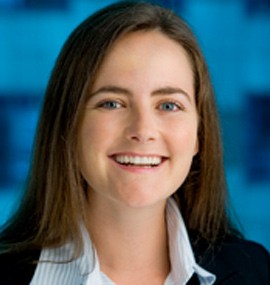Latest News
Property deduction errors down to ‘lack of understanding’: ATO
A fundamental knowledge gap is continuing to trip property investors up, leading to simple mistakes and heaping pressure on tax agents, the ATO has revealed.

Last year, the ATO singled out rental property deductions as a “top priority” for the agency, with Commissioner of Taxation Chris Jordan claiming that errors were found in almost 90 per cent of returns.
For tax time 2019, the ATO doubled its number of in-depth audits for rental deductions to 4,500, with a specific focus on overclaimed interest, capital works claimed as repairs, incorrect apportionment of expenses for holiday homes let out to others, and omitted income from accommodation sharing.
Speaking on sister title Smart Property Investment’s podcast, ATO acting assistant commissioner of individuals and intermediaries, Adam O’Grady said a vast majority of these errors were down to “simple mistakes” from investors and failing to disclose information to their accountants at tax time.
“What we find when we do review returns and audit people is more often than not, it's a simple mistake or it's a lack of understanding of what they're allowed to do, what they're not allowed to do,” said Mr O’Grady.
“The vast majority of people don't deliberately go out to claim things they shouldn't or obtain refunds. Those that do, finish up in front of the courts and prison and those sorts of things.
“It's really that lack of education, that lack of understanding. So, what we hear stories of when we sort of audit, they walked up to their accountant and said, ‘Oh, here's my income from the real estate agent. Here are my line statements; I don't know about the rest of the expenses,” and just sort of scribble it down on a notepad and paper and say, ‘Oh, look, that's about what I think it is.’”
Mr O’Grady acknowledged that accountants are often at the mercy of their investor clients, noting that they are only as good as the information provided to them by their clients.
“Accountants out there are highly skilled, they understand the tax law, they can really help you, make sure you're structured in the right way and help you set up the proper recording requirements and all those sorts of things. But, they can only do that if you're open and honest with them,” said Mr O’Grady.
“You need to talk to your accountant, explain what you've done, why you've done it, how you've set it up, and then they can give you that right advice. But [if] you don't tell the accountant, they're not giving you the advice you need.”
Sharing economy focus
Mr O’Grady said investors receiving income from short-term rentals through sharing economy platforms such as Airbnb should be aware of the ATO’s new data-matching program that will identify taxpayers who have left out rental income and over-claimed deductions.
“Last calendar year for the first time, we actually collected data off a lot of these platforms, so we can see who rented their property out, for how long, what sort of income they earned from it, and we're working through that data and comparing that to tax returns to understand people that haven't reported that income or haven't reported the full amount, all those sort of things,” said Mr O’Grady.
“What we've been doing with the data we've acquired recently, is actually writing to people and giving them really an opportunity to self-correct their own return.
“It's more in that trying to educate people, that we can see you've got this income, you need to go and fix up your own affairs, and from this point forward, make sure you're reporting correctly,” he added.
“On top of that, we will use the data to audit people. So those, we do have some examples where people are on these platforms renting out 10, 20, 30 properties or rooms across various properties and not reporting on their tax obligations. So for those people, again, we'll take a pretty firm stance.”
Jotham Lian
31 January 2020
smsfadviser.com

